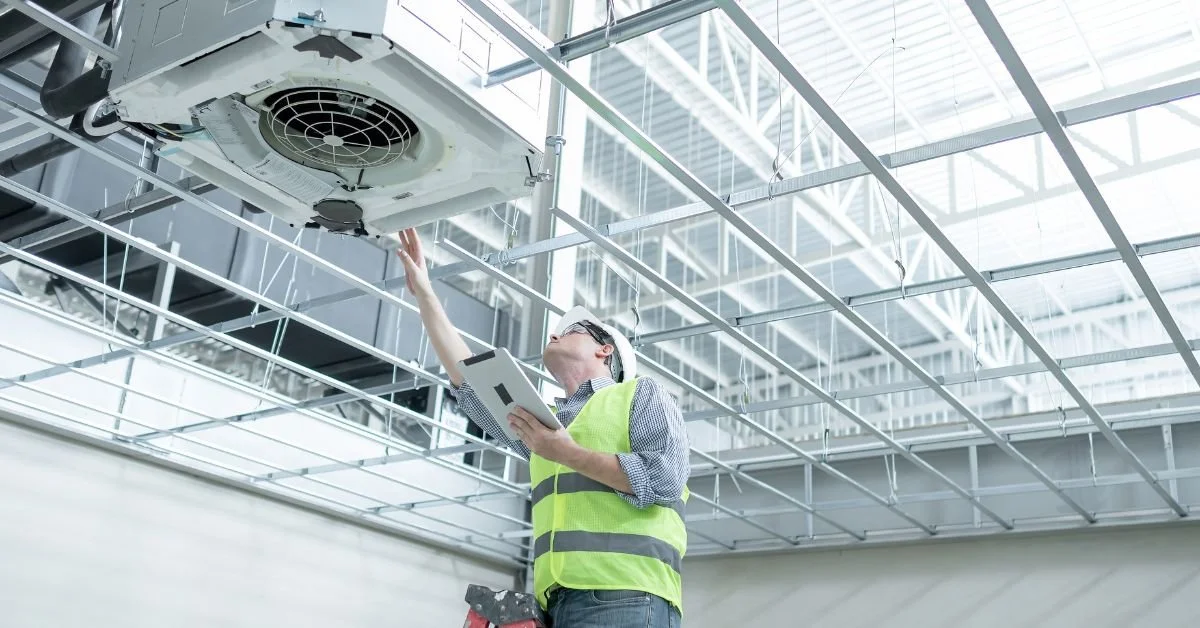Safety First: The Importance of Asbestos Abatement Services
Asbestos is a material that is now known to pose serious health risks. It was commonly used in building materials throughout the 20th century, but now, it is known that exposure to it is the main cause of mesothelioma, lung cancer, and asbestosis, all of which are fatal. Because of these risks, asbestos abatement services have become quite important for keeping people safe. Let’s check out why these services are so important and what steps to take for dealing with asbestos removal.
Why should you stay away from it?
In recent decades, the danger of using asbestos has been revealed but before that, many industries used this product to manufacture a variety of different things that we use regularly. This has led to people getting sick because of it and for many, it was fatal. The main danger this material brings is when it is inhaled. The small particles get into your lungs and it can get so severe for the person that it can cause lung cancer. Since it was used in many different industries, there are still products out there that are made out of this material, and they are not removed. Because of the danger it poses, it should be immediately dealt with so that no one’s health is at risk. Asbestos abatement services are called whenever someone notices this problem and then they will deal with it properly.
Inspection and assessments
The first and most important step in the asbestos removal process is to inspect and assess the situation. Certified testers will find out if there are any asbestos-containing materials (ACMs) in the building. To find out how much asbestos is present, experts at ADS Partners, for instance, can conduct a careful inspection, take samples, and analyze them in a lab. They will also conduct a thorough risk assessment to find out how dangerous the situation could be for residents and workers. This will help them create an asbestos abatement plan that will fit the needs of the building. This way, the whole process can be carried out safely and efficiently, reducing the risk of asbestos fibers being released and making sure that all regulations are followed.
Containment
Containment is an important part of the whole process, as it stops the asbestos fibers from spreading. The experts will use plastic sheeting to make airtight barriers so that these fibers will not endanger the environment. Using negative air pressure units, they can catch and filter the asbestos fibers before they escape and cause further damage. As containment is used to isolate the affected area, it is one of the most important parts of the asbestos removal process that guarantees safety.
Abatement
The most common abatement methods include removing, enclosing, and encapsulating. When it comes to removing, it refers to the careful extraction of ACMs from their original sites and sealing them in designated containers. Encapsulation refers to applying a sealant over ACMSs to prevent them from spreading into the air. This method is perfect for materials that are not in immediate danger and are still in good condition. Enclosure is the process of building barriers around ACMs to isolate them from their surroundings. Choosing the right approach and abatement method depends on the state of the ACMs, the level of contamination, and the set regulations. Also, the right choice will guarantee safe asbestos management and reduce exposure to dangerous fibers.
Post-inspection
It is vital to conduct an inspection after the abatement process to make sure it has been successful. The use of clearance testing, which involves the analysis of air samples to verify that the quantities of asbestos fibers are at a safe level, is the first step of this inspection. Also, the experts will make sure that the containment barriers have been removed properly, and make the area safe for living and working. In the end, residents and workers will have peace of mind knowing that the environment is safe to live and work in, thanks to a successful post-inspection.
Compliance with regulations
Many jurisdictions do not allow just anyone to deal with this problem but specialists need to be called in to deal with it. This is done for many different reasons. Of course, one of the main ones, as we discussed, is that you will be safe from any risk. Another one is that people who want to deal with this problem themselves do not know how to deal with it properly. Many of them would not know what to do with it once they removed it so most likely they would throw it in the trash or just somewhere far away from their home, which are both really bad options. So by ordering people to call in these situations someone qualified to deal with the problem, the country won’t have further problems with the material and it will prevent further harm. Also, when someone employs a service that is licensed to remove asbestos, the person will know that the job is done by someone who is recognized by the country to be fit to deal with it, which means that most likely there won’t be any more risks.
They have the right equipment
People should know that asbestos should not be handled with their bare hands; rather, many special tools ensure safety for the person handling it and the environment. When the right service is called, the person will get people who are properly equipped to deal with the issue. They will use specialized protective equipment, which will make the job much easier to do and what is even more important is that it is much safer. They will even set up containment systems which won’t allow for the fibers to fly around.
The asbestos removal process is necessary for both public health and safety. Using professional abatement services will make sure any serious health concerns are alleviated and that there is no huge risk of being exposed to this material. Also, the professionals will have the necessary experience, equipment, and knowledge to comply with all the regulations and ensure that everything is done in the best possible way.







